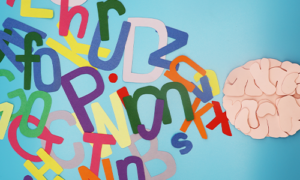
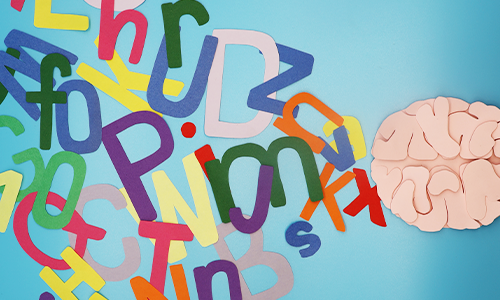
Article
6 ways to level up with the science of reading
Implementing the science of reading is an ongoing process to shift instructional strategies to evidence-based practices. Two literacy experts from NWEA® share six ways literacy educators can continue to build on their progress and take the science of reading to the next level.
Topics: Early learning, Education research, Instructional strategies, Literacy
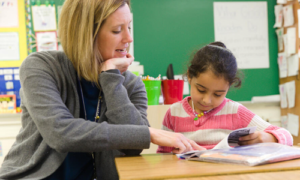
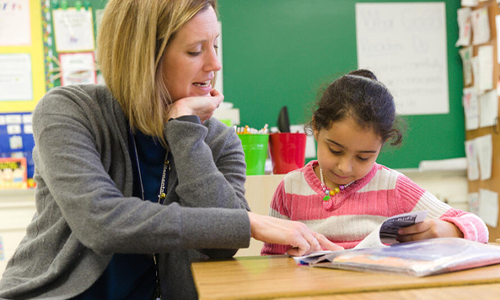
Article
10 time-saving tips for literacy instruction
Literacy subject-matter experts share their best time-saving instructional and operational strategies to support young readers. Learn how incorporating them into your routine can preserve valuable instructional time.
Topics: Early learning, Education research, Instructional strategies, Literacy, Professional learning
Products: MAP Reading Fluency
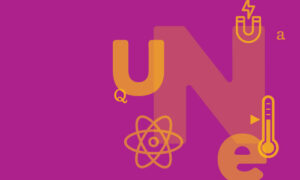
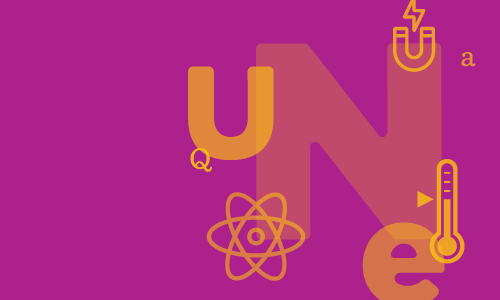
Guide
Teacher Guide: It’s Hot Out Here: Exploring Heat in Our World
In this unit, students will explore how the historical practice of redlining interacts with the patterns of heat distribution within communities.
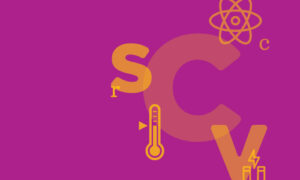
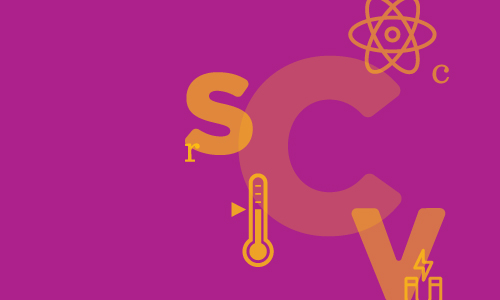
Guide
Student Guide: It’s Hot Out Here: Exploring Heat in Our World
In this unit, students will explore how the historical practice of redlining interacts with the patterns of heat distribution within communities.
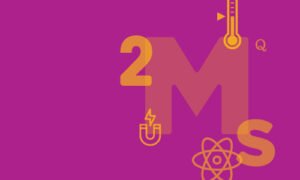

Guide
Science Item Task Teacher Resource
A preview of what students will encounter in NWEA assessments and other high-quality assessments for multidimensional science standards in the coming years.
Topics: Assessment, Science
Products: MAP Science
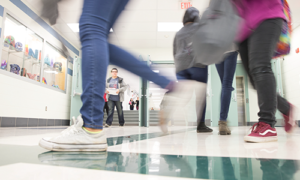
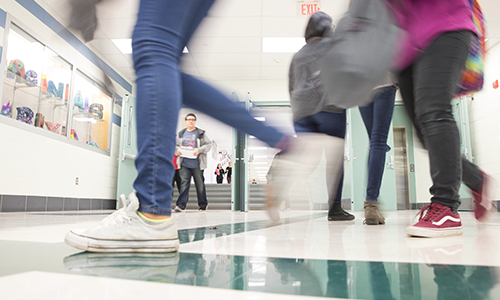
Case Study
Learning from districts’ COVID recovery interventions alongside AIR and Harvard University
In the wake of instructional challenges faced over the past two school years, NWEA, the Center for Analysis of Longitudinal Data in Education Research (CALDER) at the American Institutes for Research (AIR), and the Center for Education Policy and Research (CEPR) at Harvard University have partnered with a coalition of large school districts across the country to help determine which COVID recovery interventions are working and to what extent.
Topics: Assessment, Early learning, Education research, Equity, Instructional strategies, Literacy, Math, Professional learning
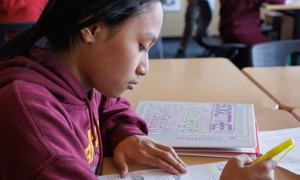
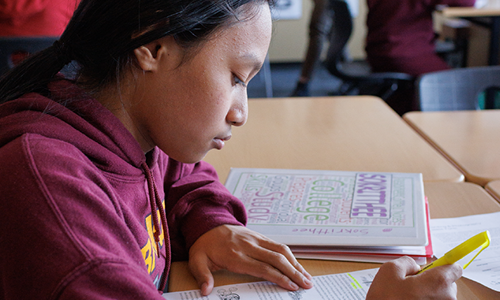
eBook
Your guide to goal-setting success
Building a culture of goal setting doesn’t have to be a chore. Get actionable guidance and practical strategies for amplifying student learning in this new collection of posts from Teach. Learn. Grow.
Topics: Education research, Equity, Instructional strategies, Leadership, Professional learning, Social emotional learning